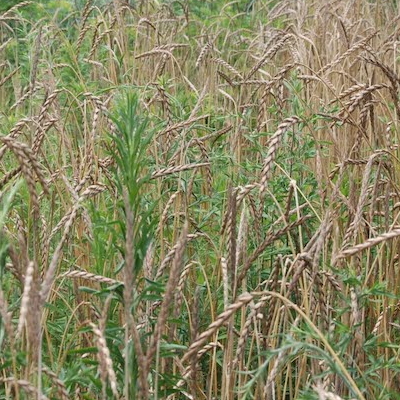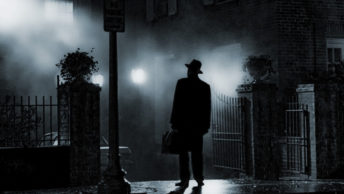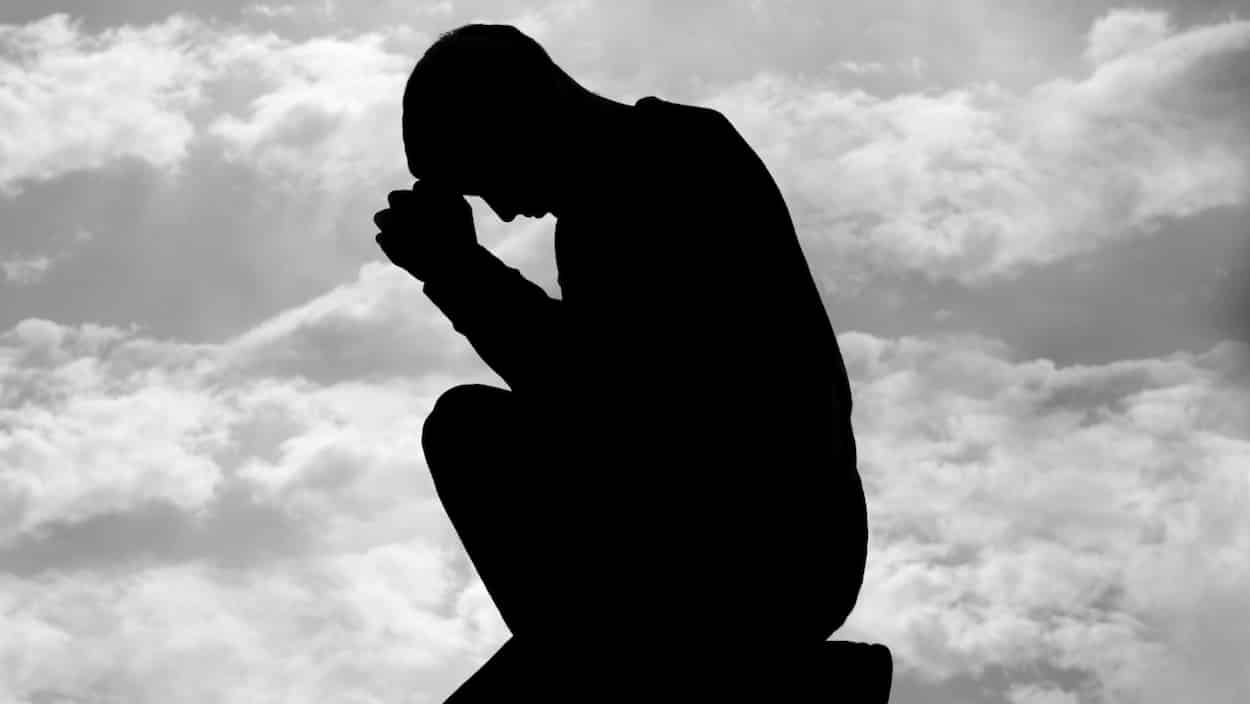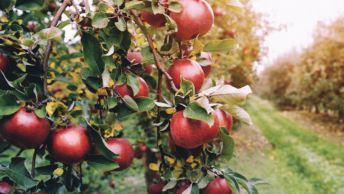 The kingdom of heaven may be compared to a man who sowed good seed in his field; but while men were sleeping, his enemy came and sowed weeds among the wheat, and went away. So when the plants came up and bore grain, then the weeds appeared also. (Matthew 23:24-26)
The kingdom of heaven may be compared to a man who sowed good seed in his field; but while men were sleeping, his enemy came and sowed weeds among the wheat, and went away. So when the plants came up and bore grain, then the weeds appeared also. (Matthew 23:24-26)
If, along with me, you watch the news every evening, or read the paper every day, you experience a non stop barrage of terrible things that happen in the world. A young lady testifies what her life was like after being attacked. Doctors detail numerous beatings a little boy received before his death. Earthquakes and other occurrences of nature kill thousands. Perhaps tragedy may strike our own families. Or we may read about corruption within the government, or even Churchmen behaving immorally. When these situations take place, we sometimes are tempted to ask, “Why didn’t God do a better job in creating the world. Why is there so much evil around us? Why does God allow terrible things to happen?”
These questions are the same ones asked by the Early Christian community that experienced assault from outside the community and, even then, corruption within the community. To these questions Jesus addresses the parable of the weeds and the wheat, today’s gospel.
The darnel, the weed referred to, looks like wheat. It even has a head similar to wheat. When the plant is young, it is almost impossible to distinguish it from wheat. Only when its fruit, or the lack of fruit, a head without grain, is seen, can it be separated from the wheat and burned.
God is aware of the evil in our world. Evil is the price of freedom. If mankind did not have the ability to choose between good and bad, he wouldn’t be free. The choice of bad effects all people, but it is the price of having the ability to choose good. The farmer does not refuse to plant because he might find weeds among the wheat. He plants knowing that the result might not be perfect, but there will be wheat.
God created man with the ability to bear fruit. That also gave him the ability not to bear fruit. We call out to God in times of tragedy, in times of evil. We want to be vindicated for doing good and suffering evil. Like the blood of the martyrs under the altar in the Book of Revelation (Rev 6:9-11) we ask, “How long, O Lord until you vindicate your people.” The Lord responds that he recognizes our suffering and suffers with us, but he will give others time to choose him also, to be numbered among his wheat. God sees the weeds among the wheat. They are the price of freedom. But without freedom there would be no wheat.
So where does this leave us? Are we to ignore evil? Are we to ignore pain and suffering? Should we keep our mouths shut when evil is around us? Absolutely not. We are called to till the soil of the Lord. We are called to bring forth fruit. We can’t allow evil to exist when we come upon it, particularly in ourselves.
Today, as we pray that we might withstand the onslaught of evil against us, we also pray that we might fight to eliminate evil in our lives. With confidence, with hope, we realize the Lord who sees all will in the wisdom of his time remove the weed from the wheat.








